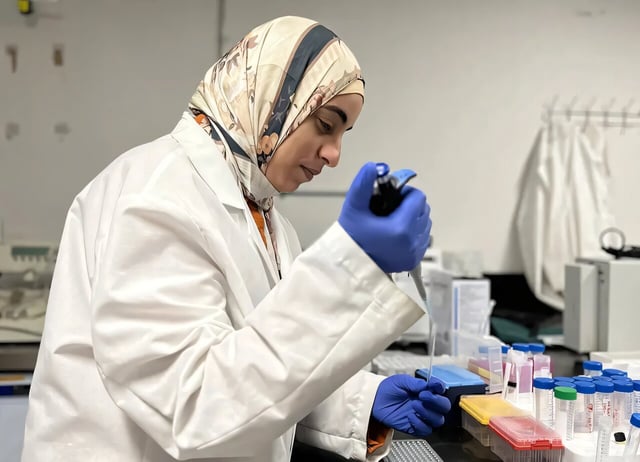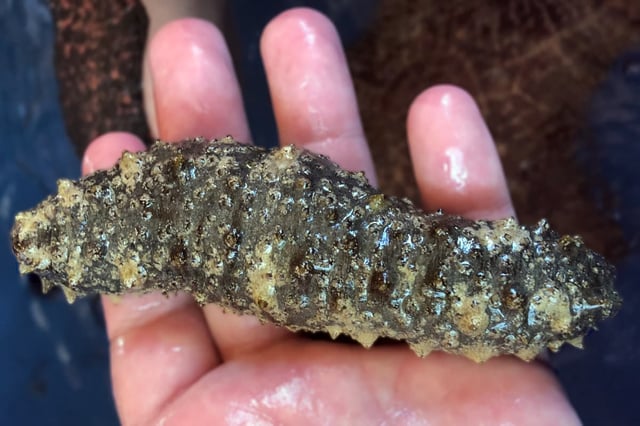Overview
- A University of Mississippi–led team discovered that fucosylated chondroitin sulfate from Holothuria floridana effectively inhibits Sulf-2, an enzyme that remodels cell-surface glycans to promote tumor growth and metastasis.
- Laboratory tests and computer modeling confirmed the marine-derived sugar binds selectively to Sulf-2 without impairing blood clotting, avoiding a common side effect of other enzyme inhibitors.
- Extracting the compound from sea cucumbers offers a pathogen-free source compared with land mammal-derived drugs but faces yield and ecological limitations.
- Researchers highlighted the inhibitor’s unique fucosylation and sulfation patterns that underlie its potency, underscoring the value of marine pharmacology in drug discovery.
- The current focus is on developing a chemical synthesis of the compound to produce sufficient quantities for animal model studies and advance toward a new cancer therapy.

